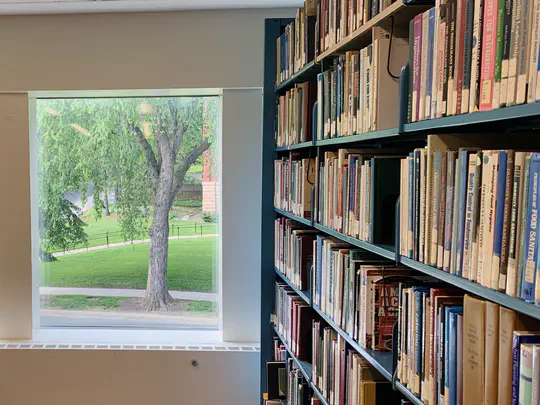About me
I am currently a postdoctoral scholar affiliated with the NatCap TEEMs research center in the Department of Applied Economics at the University of Minnesota. My primary research focuses on the intersection of environmental and development economics, with a particular emphasis on forests. I also have additional interests in ecosystem services and natural capital accounting. My goal is to enhance public policy-making by examining the economic impacts of environmental policies and the environmental consequences of economic development through transdisciplinary approaches.
I earned my Ph.D. in Applied Economics from the University of Minnesota in February 2025, where I conducted my doctoral research under the supervision of Dr. Marc F. Bellemare and Dr. Stephen Polasky. My dissertation explores the interrelationships between forests and humans,addressing topics such as poverty alleviation and forest conservation, large-scale tree planting and local economic development, and the connections between reforestation through payments for ecosystem services (PES) and rural livelihoods. My job market paper reveals that rural poverty alleviation in China significantly increases forest cover, with carbon storage benefits valued at nearly five times the intervention cost. The primary mechanism is relocation through poverty alleviation, presenting a novel, cost-effective strategy for forest conservation via poverty reduction.
- Environmental Economics
- Development Economics
- Forest Economics
- Ecosystem Services
Ph.D. in Applied Economics, 2020-2025
University of Minnesota
MicroMasters Certificate in Data, Economics, and Development Policy, 2019
Massachusetts Institute of Technology
B.A. in Economics, 2015
China Agricultural University
B.S. in Mathematics, 2015
China Agricultural University
Job Market Paper

Job Market Paper. I estimate the impact of rural poverty alleviation on forest conservation by analyzing the implementation of a large-scale poverty alleviation effort across more than 100 counties in contiguous areas of extreme poverty in rural China, beginning in 2011.I find that rural poverty alleviation had a positive impact on forest cover, with an annual marginal effect of an 18 km2 increase in forest area. The value of marginal carbon storage—estimated using the social cost of carbon—approximates five times the cost of poverty alleviation.These findings highlight a novel, highly cost-effective approach to conserve forests through poverty alleviation efforts.
Publications
Contact
- long0555@umn.edu
- 316C Ruttan Hall, 1994 Buford Ave, St. Paul, MN 55108
- DM Me
- Zoom Me



